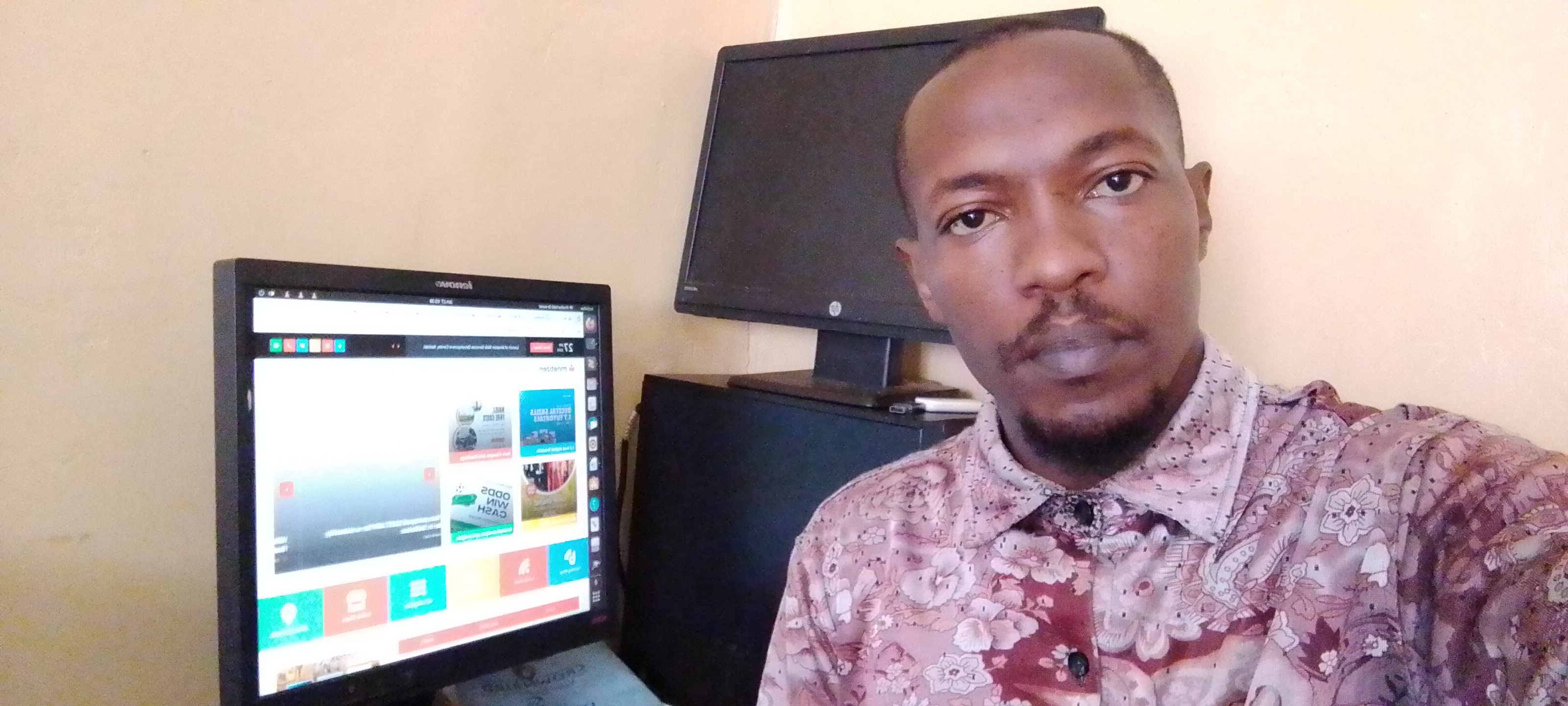By adopting these practical tips and making informed financial decisions, you can navigate the economic landscape in Kenya with greater resilience and work towards achieving long-term financial stability. Remember, financial well-being is a journey, and small, consistent efforts can lead to significant positive outcomes over time.
In a dynamic economic landscape, financial stability is a pursuit that requires both mindfulness and strategic planning. For individuals navigating the financial waters in Kenya today, here are some practical tips to help steer clear of being broke:
- Budget Wisely:
Create a realistic monthly budget that outlines your income and allocates funds to essential expenses such as rent, utilities, and groceries. Prioritize needs over wants to ensure your basic needs are met before indulging in discretionary spending.
Emergency Fund:
Establishing an emergency fund is crucial. Save a portion of your income regularly to cover unexpected expenses like medical bills or car repairs. Having a financial safety net can prevent these unexpected costs from derailing your budget.
Invest in Financial Literacy:
Take the time to educate yourself on personal finance. Understand the basics of budgeting, saving, and investing. This knowledge will empower you to make informed financial decisions and manage your resources effectively.
Diversify Income Sources:
In today's economy, having multiple income streams can provide a safety net. Explore side hustles or part-time opportunities to supplement your main source of income. This diversification can help you weather economic uncertainties.
Live Within Your Means:
Avoid the trap of living beyond your financial capacity. Prioritize needs over wants and be mindful of lifestyle inflation. Adjust your spending habits to align with your income to maintain a sustainable financial lifestyle.
Negotiate Expenses:
Regularly review your recurring expenses, such as insurance premiums, subscriptions, and utility bills. Negotiate with service providers for better rates or consider switching to more cost-effective alternatives.
Prioritize Debt Repayment:
If you have outstanding debts, prioritize repaying them. High-interest debts can quickly accumulate, making it challenging to break free from the cycle of financial strain. Develop a repayment plan and stick to it.
Build a Credit History:
Establishing a positive credit history is essential for accessing financial services. Pay your bills on time, and use credit responsibly. A good credit score can open doors to favorable interest rates and financial opportunities.
Save for the Future:
Beyond emergency funds, plan for the long term. Contribute to retirement savings or investment accounts that align with your financial goals. Consistent saving today can pave the way for a more secure financial future.
Network and Collaborate:
Engage with your community and explore collaborative opportunities. Networking can lead to valuable insights, shared resources, and potential collaborations that can enhance your financial stability.


















